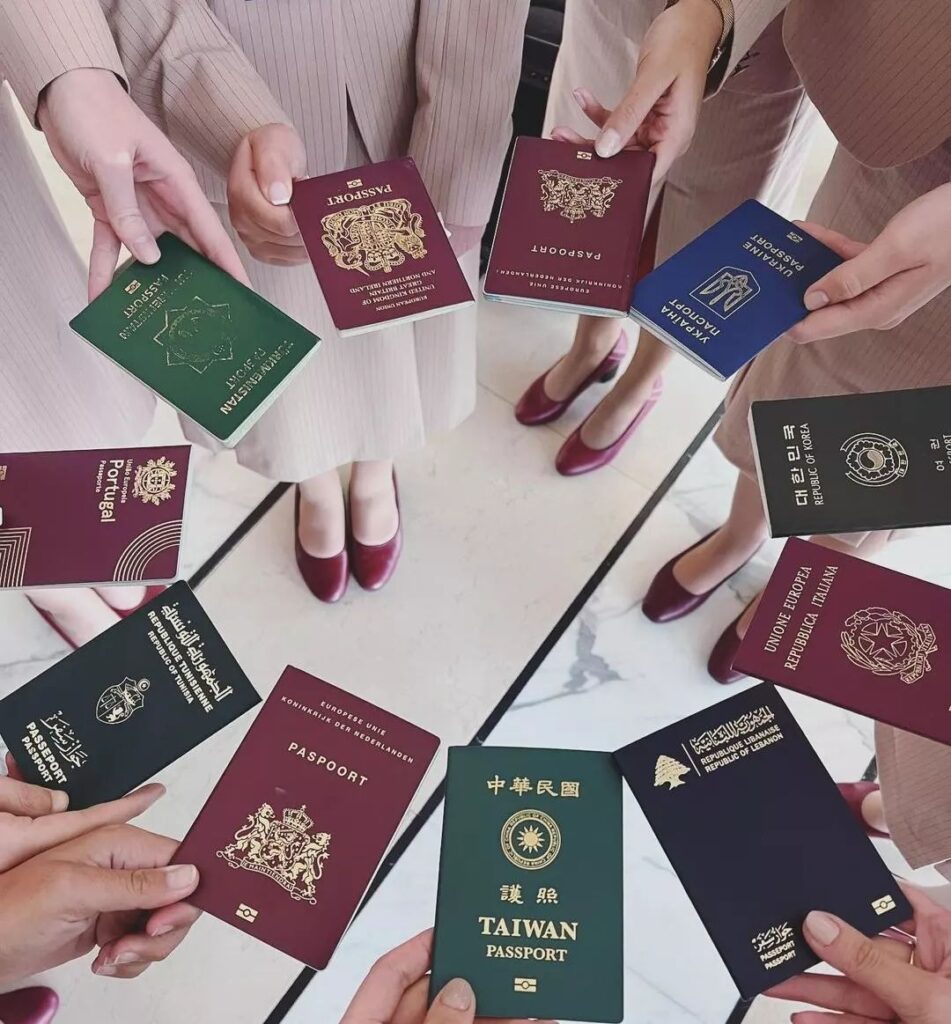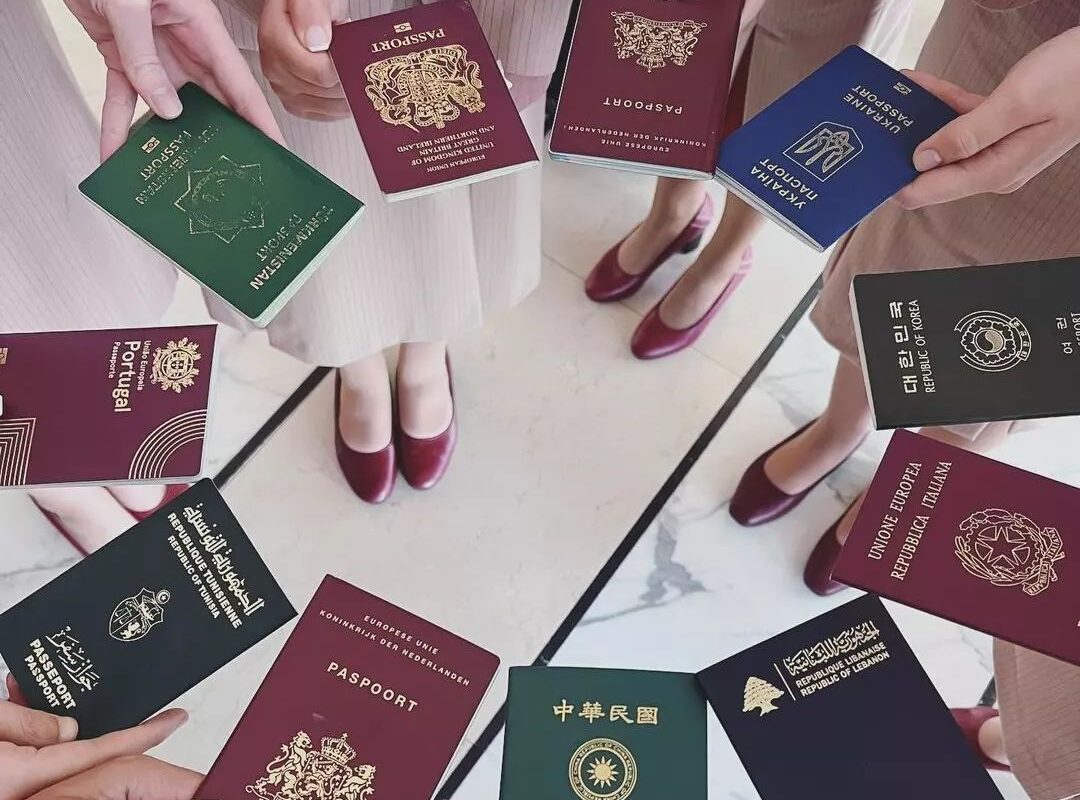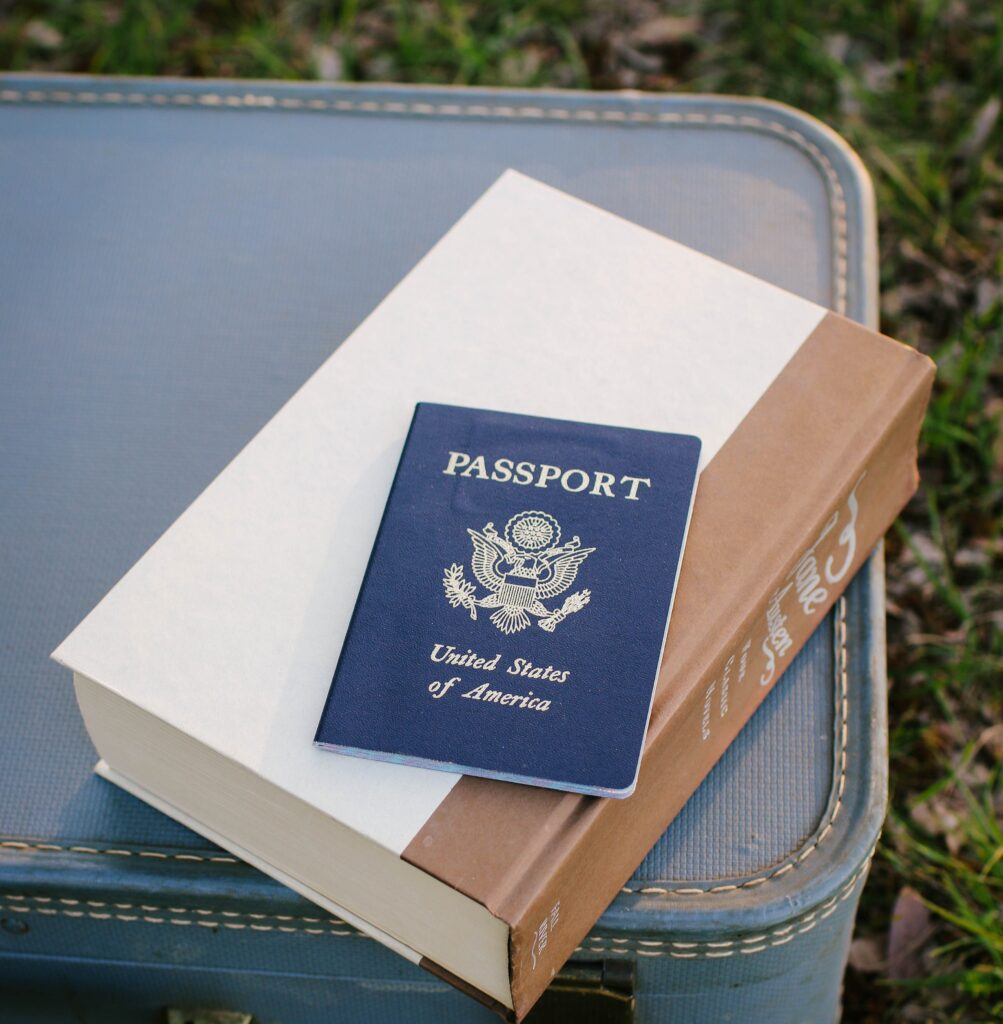The Qatar Residence Permit (QID) is a game-changer for expatriates seeking a vibrant life in Qatar and seamless global travel. This official ID card, issued by Qatar’s Ministry of Interior, grants non-citizens legal residency, access to services, and travel perks to over 29 countries. In this guide, discover the benefits of Qatar Residence Permit, why it’s a must-have, and how Travel Expore can simplify your visa needs.
What is the Qatar Residence Permit (QID)?
The Qatar ID (QID) is a residence permit for non-citizens, proving legal status to live and work in Qatar. Issued after sponsorship (often by an employer), a medical check, and biometric registration, the QID is valid for 1-2 years. It’s your key to accessing services like banking, healthcare, and education in Qatar.
Top Benefits of Qatar QID for Non-Citizens
Holding a QID unlocks a wealth of advantages for daily life and long-term stability:
- Legal Residency: Ensures compliance with Qatar’s laws, offering security for you and your family.
- Government Services: Open bank accounts, get a driver’s license, or use Qatar’s e-services portal.
- Healthcare Access: Enjoy Qatar’s world-class public and private medical facilities.
- Education for Kids: Sponsor dependents to enroll in top schools and universities.
- E-Gate Travel: Apply for an E-Gate card for faster immigration at Hamad International Airport.
- Family Sponsorship: Bring your spouse or children to Qatar under your residency.
These perks make the QID essential for a fulfilling life in Qatar’s safe, modern environment.
Travel Advantages with Qatar Residency
As a Qatar ID holder with a residence or work visa, your ability to travel visa-free or with a visa on arrival depends on your nationality, as the Qatar ID itself does not grant visa exemptions but may facilitate travel for residents of certain countries. However, some countries extend visa-free or visa-on-arrival privileges to residents of Gulf Cooperation Council (GCC) countries, including Qatar, regardless of nationality, provided they hold a valid Qatar residence permit. Below is a breakdown based on available information for 2025. Note that visa policies can vary by nationality, so you should verify requirements with official sources like embassies or the Hayya platform for Qatar-related travel.
Visa-Free Countries for Qatar Residents
Qatar residents (QID holders) can access certain countries visa-free, often due to GCC agreements or bilateral arrangements. Based on recent data, Qatar residents can visit approximately 74 countries visa-free, spanning Asia, Europe, Africa, the Americas, and Oceania. Examples include:
- GCC Countries:
- Oman
- Saudi Arabia
- United Arab Emirates
- Bahrain
- Kuwait
- Asia:
- Malaysia
- Maldives
- Seychelles
- Thailand
- Singapore
- Indonesia
- Philippines
- Europe:
- Serbia
- Bosnia and Herzegovina
- Montenegro
- Albania
- Africa:
- Mauritius
- Tunisia
- Morocco
- Americas:
- Barbados
- Dominica
- Oceania:
- Vanuatu
Visa-on-Arrival Countries for Qatar Residents
Approximately 30 countries offer visa-on-arrival for Qatar residents (QID holders), often for specific nationalities or under certain conditions (e.g., valid residence permit, proof of employment, or hotel bookings). Examples include:
- Africa:
- Kenya
- Tanzania
- Ethiopia
- Madagascar
- Mozambique
- Asia:
- Nepal
- Jordan
- Lebanon
- Sri Lanka
- Bangladesh
- Middle East:
- Egypt
- Iran
- Other:
- Maldives (visa on arrival for most nationalities, often extended to Qatar residents)
- Seychelles (visa on arrival or entry permit)
eVisa Countries for Qatar Residents
Around 27 countries offer eVisas to Qatar residents, which can be applied for online before travel. Examples include:
- Africa:
- Kenya
- Tanzania
- Ethiopia
- Zimbabwe
- Asia:
- India
- Sri Lanka
- Bhutan
- Oceania:
- Australia (eTA or eVisa)
- Americas:
- Canada (eTA for eligible nationalities)
Key Notes
- Nationality Matters: The visa-free or visa-on-arrival privileges for Qatar residents often depend on your passport. For example, GCC residents from countries like India, Pakistan, or the Philippines may have access to fewer visa-free destinations compared to Qatari nationals or residents with Western passports.
- GCC Resident Visa: Some countries, like Georgia, offer visa-on-arrival specifically for GCC residents, regardless of nationality, provided they hold a valid Qatar ID.
- Verification: Always check with the destination country’s embassy or official visa portal (e.g., Hayya for Qatar-related travel) for specific requirements, as policies can change or vary by nationality.
- Sources: Information is based on web sources from 2025, including qatarvisacheck.net, qatarcheck.com, and iloveqatar.net, which report Qatar residents can access 107 destinations (74 visa-free, 30 visa-on-arrival, 27 eVisa).
Recommendations
If you provide your nationality, I can tailor the list further. Alternatively, I can search for more specific or real-time information if needed. Let me know!
Why Choose Travel Expore for Visa Assistance?
Navigating visa applications can be complex, but Travel Expore makes it easy. Our expert team offers:
- Tailored visa support for QID holders.
- Fast, reliable application processing.
- Up-to-date visa policy guidance.
Contact Travel Expore at info@travelexpore.com +2347063404422 for hassle-free visa assistance. Let us handle the details while you plan your next adventure!










